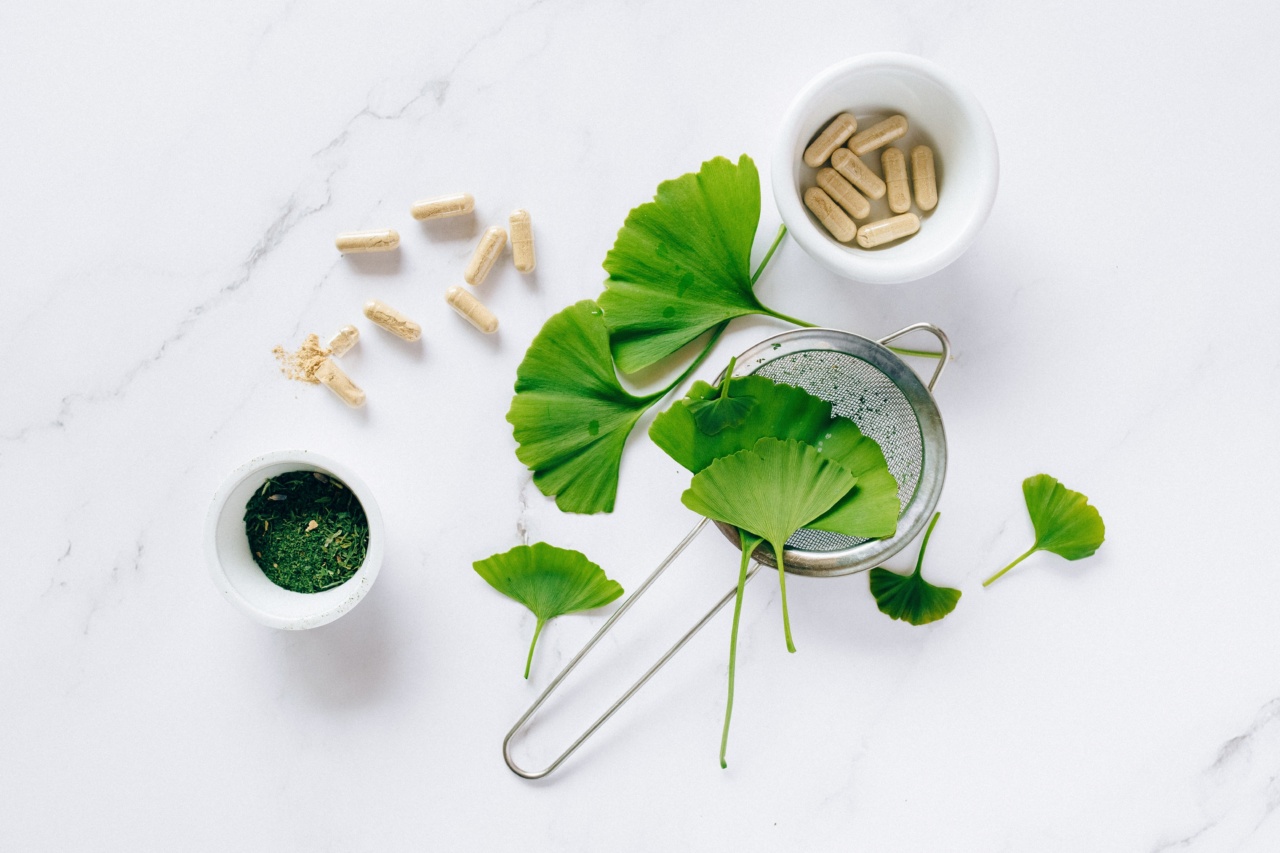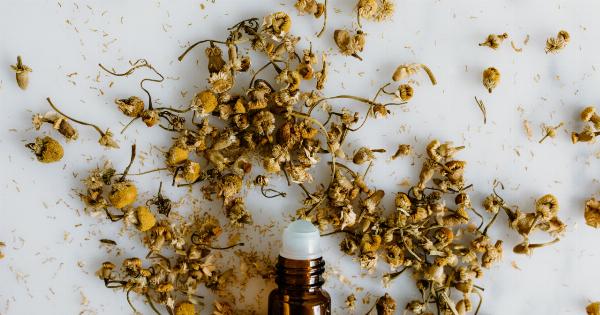Herbs have been used for thousands of years for their medicinal properties. Two types of herbs that have been gaining attention lately for their healing effects are anti-inflammatory and antioxidant herbs.
Inflammation is a natural response of the body to injury or infection, but when it becomes chronic, it can lead to various diseases such as heart disease, diabetes, and cancer. Antioxidants, on the other hand, can help protect the body from damage caused by free radicals, unstable molecules that can cause cell damage and contribute to aging and disease.
Turmeric
Turmeric is a bright yellow spice commonly used in Indian and Asian cuisine. Its active ingredient, curcumin, has been shown to have potent anti-inflammatory and antioxidant effects.
Studies suggest that turmeric may help reduce symptoms of arthritis, improve brain function, and lower the risk of heart disease and cancer. Curcumin has also been found to have antidepressant effects by boosting levels of serotonin and dopamine in the brain.
Ginger
Ginger is a root vegetable that has been used in traditional medicine for thousands of years. It contains compounds called gingerols and shogaols, which have potent anti-inflammatory and antioxidant effects.
Ginger has been shown to help reduce symptoms of osteoarthritis, menstrual pain, and morning sickness. It may also help improve digestion, lower cholesterol levels, and reduce the risk of heart disease and cancer.
Cinnamon
Cinnamon is a spice commonly used in baked goods and desserts. It contains compounds called cinnamaldehyde and cinnamic acid, which have anti-inflammatory and antioxidant properties.
Cinnamon may help improve blood sugar control in people with diabetes, lower cholesterol levels, and reduce the risk of heart disease. It may also have neuroprotective effects by preventing the buildup of proteins that can cause Alzheimer’s disease.
Garlic
Garlic is a member of the onion family and has been used for thousands of years for its medicinal properties. It contains a compound called allicin, which has potent anti-inflammatory and antioxidant effects.
Garlic has been shown to help improve blood pressure control, lower cholesterol levels, and reduce the risk of heart disease and stroke. It may also have anti-cancer properties by inhibiting the growth of cancer cells.
Ginkgo Biloba
Ginkgo biloba is an herb commonly used in traditional medicine in Asia. It contains compounds called flavonoids and terpenoids, which have antioxidant and anti-inflammatory effects.
Ginkgo biloba has been shown to help improve memory and cognition in people with Alzheimer’s disease and age-related cognitive decline. It may also help improve blood circulation, reduce anxiety and depression symptoms, and alleviate migraines.
Green Tea
Green tea is a popular beverage consumed worldwide for its health benefits. It contains compounds called catechins, which have potent antioxidant and anti-inflammatory effects.
Green tea has been shown to help improve brain function, reduce the risk of heart disease and stroke, and lower the risk of certain types of cancer such as breast, prostate, and lung cancer.
Milk Thistle
Milk thistle is an herb commonly used in traditional medicine to treat liver diseases. It contains a compound called silymarin, which has potent antioxidant and anti-inflammatory effects.
Milk thistle has been shown to help protect the liver from damage caused by toxins, drugs, and alcohol. It may also help improve liver function in people with liver diseases such as cirrhosis and hepatitis.
Rosemary
Rosemary is a woody herb commonly used in Mediterranean cuisine. It contains compounds called carnosic acid and rosmarinic acid, which have antioxidant and anti-inflammatory effects.
Rosemary has been shown to help improve memory and cognition, reduce inflammation in the body, and lower the risk of certain types of cancer such as colon and breast cancer.
Peppermint
Peppermint is a common herb used in teas, candies, and other food products. It contains compounds called menthol and rosmarinic acid, which have anti-inflammatory and antioxidant effects.
Peppermint has been shown to help alleviate symptoms of irritable bowel syndrome, reduce nausea and vomiting, and improve exercise performance.
Chamomile
Chamomile is an herb commonly used for its calming effects. It contains compounds called flavonoids, which have antioxidant and anti-inflammatory properties.
Chamomile has been shown to help reduce anxiety and depression symptoms, improve sleep quality, and alleviate symptoms of digestive disorders such as irritable bowel syndrome and acid reflux.































